Wellsy wrote:
Given that everyone knows that at least one party engaged in this hyper-partisanship will not be persuaded to step back, what are other parties to do?
Be partisan in equal and opposite measure, or pull back from the brink and concede as fact the bare-faced lies of one’s political opponents in Science? And is it just a question of one side not playing by the rules or is the issue deeper than this?
Sure, I agree that science shouldn't be made into a political 'football', but at the same time, science itself is never 'pure', or cleanly detached from societal / socio-political concerns.
In the diagram / framework below, I have 'science / knowledge' as being very high-level, yet still premised on a *lower* level of 'empiricism / information'. The Trump Administration has blatantly shown us that even basic *information* important to many can be lied about and football-ized just for the sake of making political hay and/or economic markets for 'outrage' and emotional-factional buy-in to the bourgeois political machine.
But, going *higher* than science is 'cognitivism / wisdom', which implies *individual discretion* over everything below / lower-level -- given the totality of current science at our fingertips (through the Internet, more-or-less), which *aspects* or *kinds* of science would one select as being worthy of attention? Perhaps the *practical*, *applied* aspects of science -- consumer and infrastructural technology -- to begin-with, for more comfortable modern living, that is.
I really don't see how science / technology *can't* be politicized, or *shouldn't* be popularly politicized, for a mass prevailing casual consensus as to what's worthy in people's lives generally, and what's not. In this way people can at least have *experience*, and a *voice* regarding popular technologies and implementations, rather than a technocratic Stalinist bureaucratic-elitist top-down type of system in which *all* decisions are made via socio-political authoritarian separatism, and *handed-down* / *imposed* on everyone, with no feedback loops possible. Please recall that Stalinism is a *bastardization* of the original soviet / workers-council vehicle, for *positive* centralized administration.
philosophical abstractions
Wellsy wrote:
And in fact, the existence of experts I think is not elitist in some problematic manner other than that those most involved in some area do have greater say than those who have little relation to it ie not everyone's voice should be equal in matters of science.
Sure -- I can agree with this at the 'empiricism / information' level, and even at the 'science / knowledge' level, but science shouldn't be a strictly *institutional* concern -- its functioning has unavoidable knock-on effects on the larger society so there *has* to be some interplay there, as with anti-nuclear-weaponry, etc.
Wellsy wrote:
“All participants” is a more precise specification than “all those affected,” because in the first place, we define the others as fellow participants, as subjects, rather than defining them as passively affected objects.
In the context of present-day *class* society, though, aren't 'participants' mostly the technical workers, their financial bosses, and bourgeois government -- ? The larger public certainly isn't a part of the active-participation over what technologies are rolled-out, and even those who can afford to be *consumers* of various technologies have, at best, *indirect* 'participation' in technological matters, and mostly by voting with their wallets.
Wellsy wrote:
Although I don't entirely opposed representational forms against direct democratic approaches as I worry that this is an extreme of anarchism's anti-hierarchy which I don't necessarily share. Having representational authorities in itself isn't inherently oppressive although such figures can often be corrupted and do great wrong. But this can emphasize the need for the people to be strong and organized in such a way as to maintain clear accountability of representation. They can't be trusted when they're not accountable to the public.
My standing critique of representational forms of democratic-type processes is solely on *logistical* grounds -- today we have the mass capability to *hash-out* things for *ourselves*, both collectively and individually, as here at PoFo, to the extent of *not needing* representational forms anymore, whatsoever.
While it may initially sound like tedious and redundant efforts, I truly think that *everyone* should be actively grappling with *all* socio-political and technical issues, as much as possible, so as to have a solid popular *base* of knowledge and informed-opinion regarding *policy*, to enable bottom-up forms of political aggregation. This would be *preferable* to any slightly-substitutionist-or-greater forms of conventional political representation.
Since I'm not an anarchist I'm not against the structure of hierarchy itself, in all contexts, and especially since we're currently living under a global *bourgeois* class hierarchy which needs to be neutralized by international *working class* organizing efforts, which then requires hierarchy to match and *defeat* such bourgeois class hierarchy.
But, on *principle*, I'm far more for *equality*, both civilly and social-productively, and 'hierarchy' conventionally implies / invokes the connotation of *institutional*, *fixed* hierachies of power, as that of bourgeois 'governance' through its nation-states.
3-Dimensional Axes of Social Reality
As for the military apparatus, it is a part of the bureaucratic apparatus, in no way distinguished in qualities from it. It is enough to say that in the years of the civil war, the Red Army absorbed tens of thousands of former czarist officers. On March 13, 1919, Lenin said to a meeting in Petrograd: “When Trotsky told me recently that, in the military sphere, the number of our officers was several tens of thousands, then I had a concrete picture of what is meant by the secret of using our enemy: how to have communism built by those who were formerly our enemies; build communism with bricks collected against us by the capitalists! And we have no other bricks!” These cadres of officers and functionaries carried out their work in the first years under the direct pressure and surveillance of the advanced workers. In the fire of the cruel struggle, there could not be even a question of a privileged position for officers: the very word was scrubbed out of the vocabulary.
Yup, thumbs-up on this.












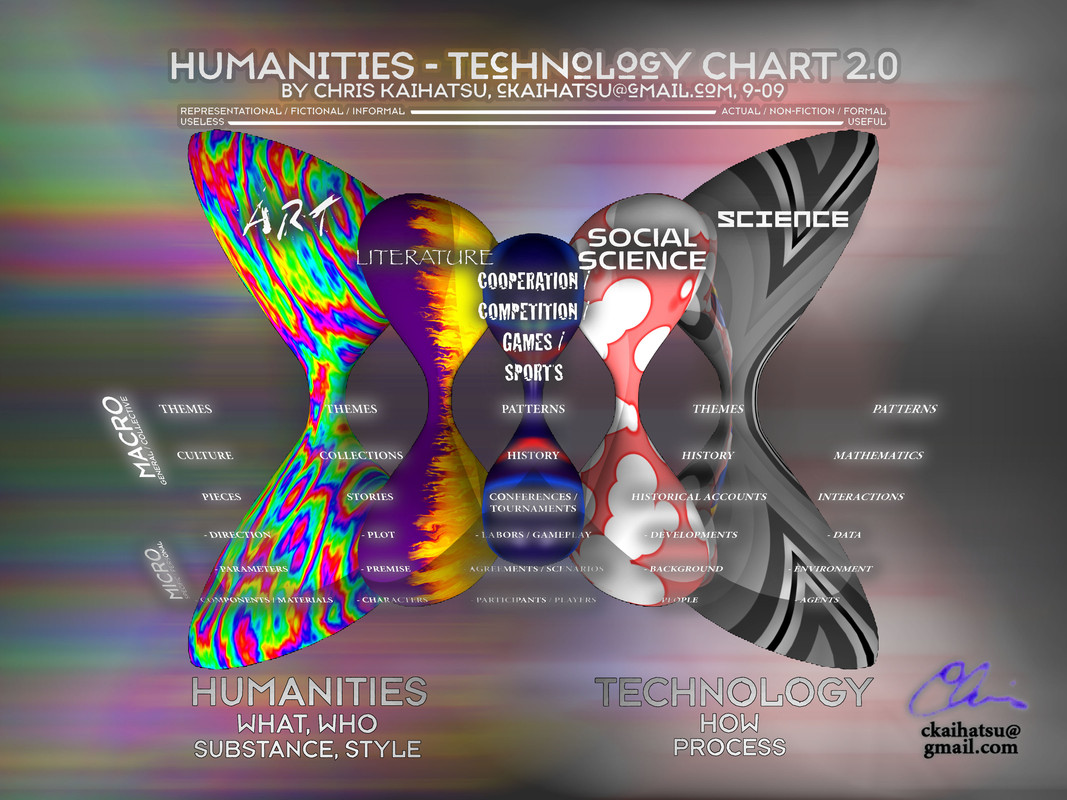
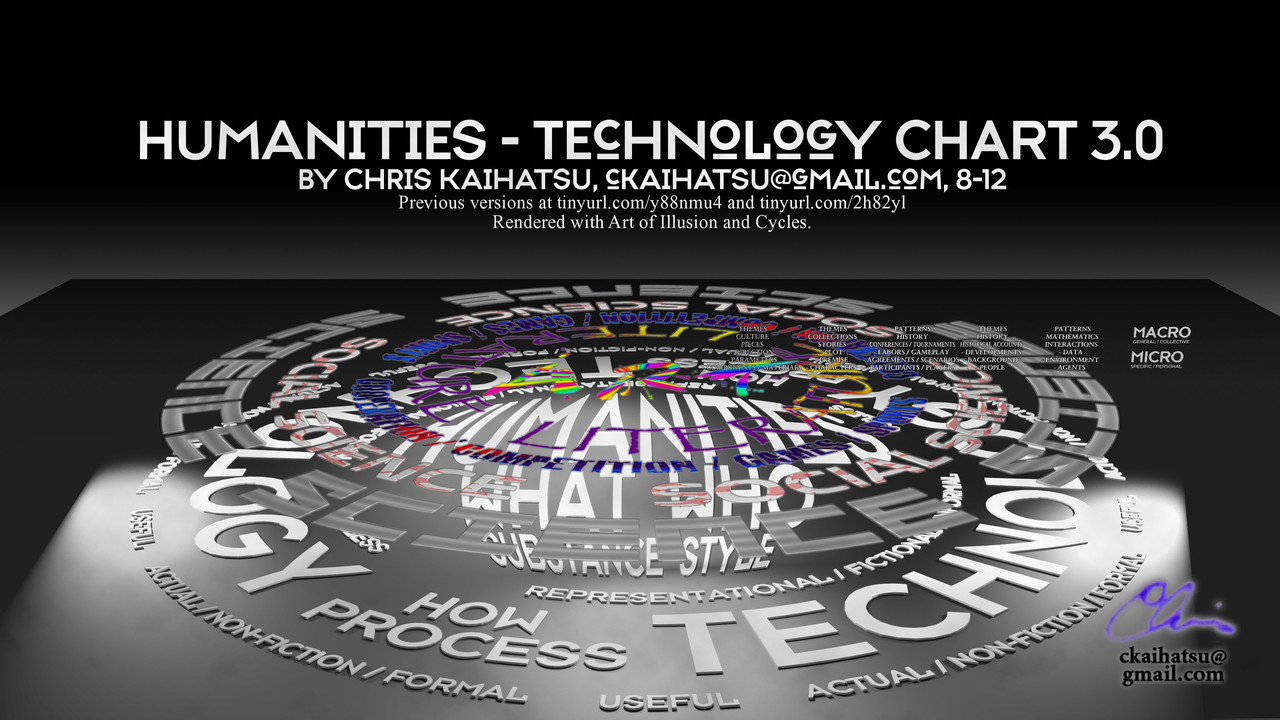

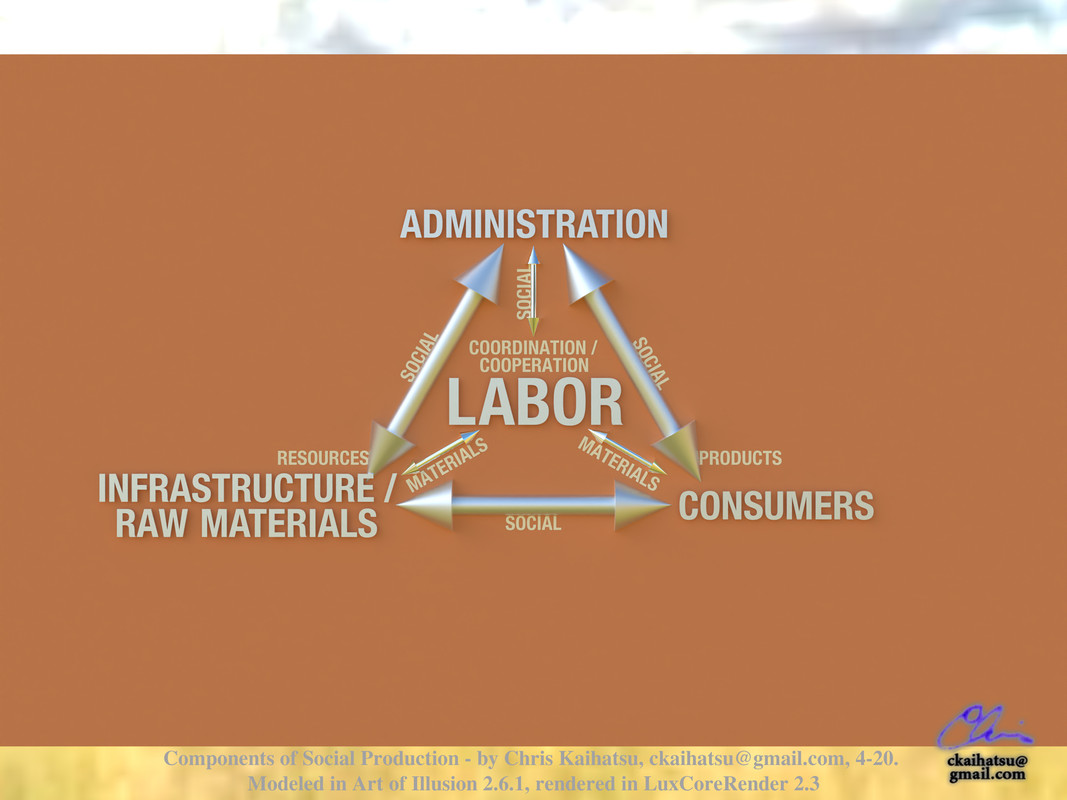
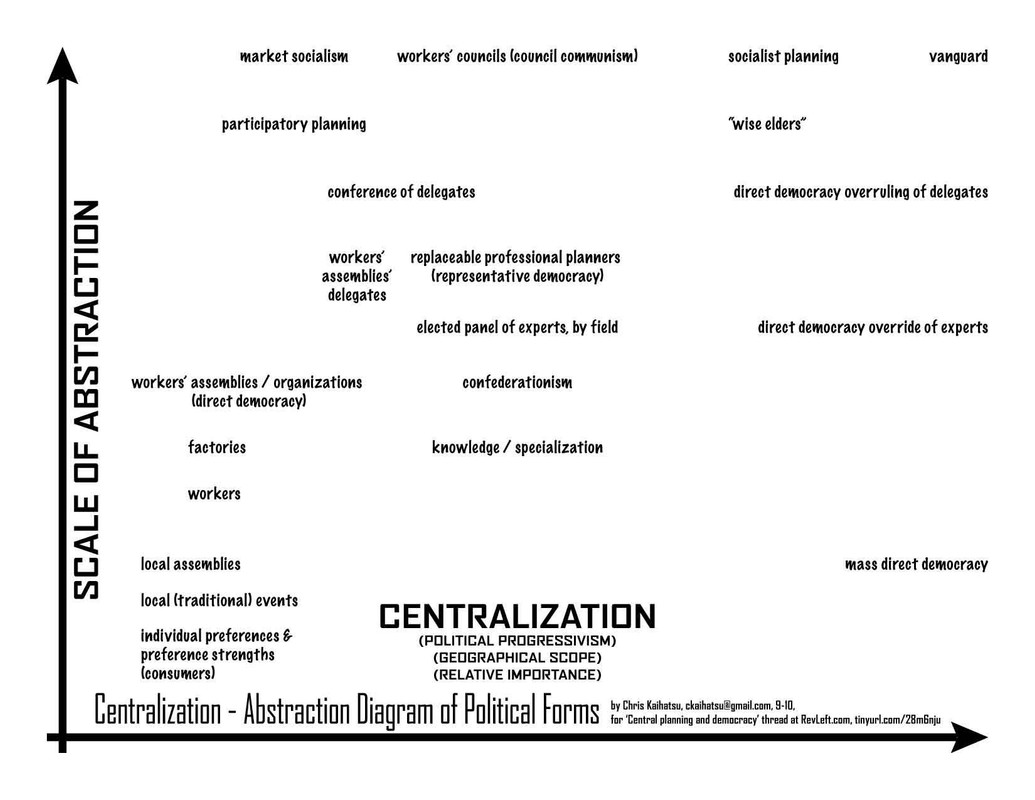

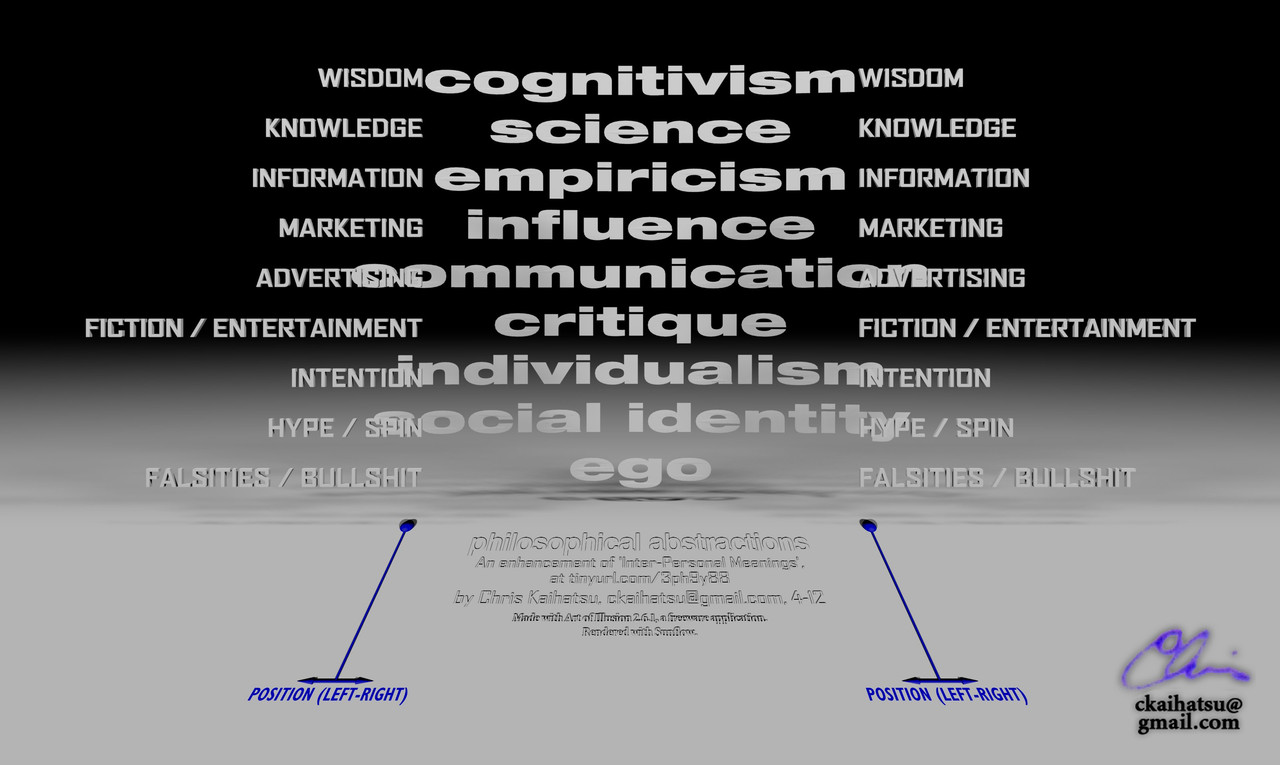

 - By wat0n
- By wat0n